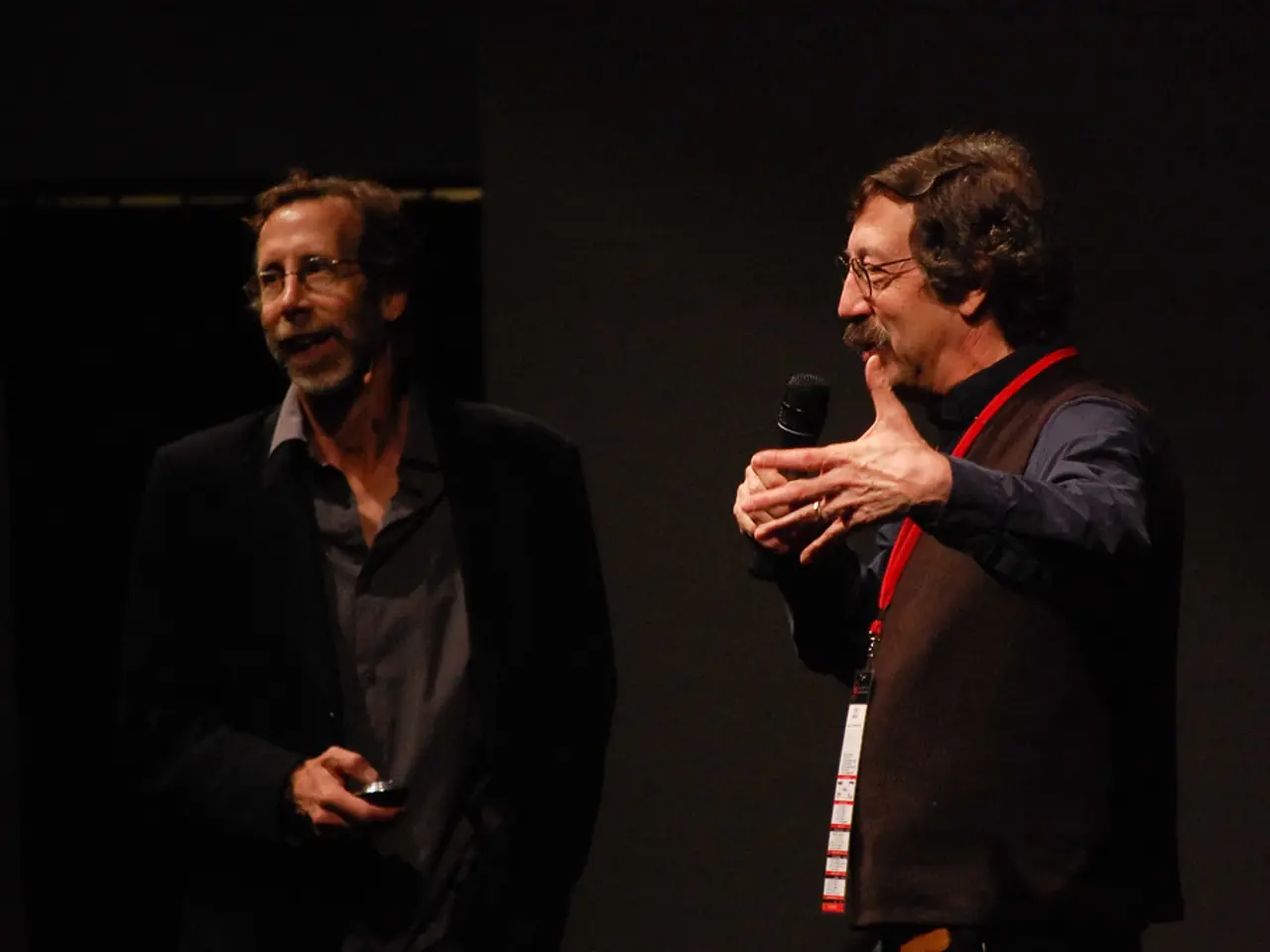Spotlight on the Silent Struggle: Mental Health Issues in the Limelight of Bollywood Stardom
In the world of Bollywood, the portrayal of mental health issues has undergone a significant transformation over the years. Once shrouded in stigma and stereotypes, mental health is now being addressed with more empathy and sensitivity, contributing to breaking social stigmas and fostering mental health awareness.
Historically, films often framed disability and mental health through tragedy or exceptionalism, as seen in the portrayal of Meena Kumari, known as the "tragedy queen." Her personal life, marked by alcoholism, loneliness, and heartbreaks, mirrored her on-screen roles. Despite her pain, it was romanticized without being named as mental illness or addiction. Vinod Mehta's 1972 biography on Kumari painted a portrait of a woman deeply in pain, yet her suffering was aestheticized and turned to trauma porn.
Parveen Babi, another prominent Bollywood star, faced similar struggles. Her later life became synonymous with schizophrenia, but there was never any public confirmation of a formal, clinical diagnosis. Her inner world was revealed through her Urdu poetry, written under the pen name Naaz.
Fast forward to the early 2000s, and Bollywood's approach has significantly improved. Films like Dear Zindagi (2016) and Taare Zameen Par (2007) address therapy, emotional struggles, and learning disabilities with empathy, normalizing seeking help and contributing to breaking social stigmas. These films serve to educate and encourage therapy acceptance [1].
However, critiques remain that some portrayals prioritize dramatic appeal over realistic representation, sometimes falling back on sensationalism or stereotypes [3][5]. This is a continuing challenge, as actors like Anushka Sharma, Manisha Koirala, and Ileana D'Cruz have spoken about their struggles with anxiety and depression, but many still keep personal struggles private due to fears of typecasting, public image damage, or industry pressure.
Deepika Padukone, a contemporary Bollywood star, bucked this trend by speaking openly about her struggles with depression in 2015. Her confession about her depression was a quiet act of public re-education, grounding her experience in medical legitimacy. Alia Bhatt revealed in 2024 that she was clinically diagnosed with ADHD (Attention Deficit Hyperactivity Disorder) and anxiety, further illustrating the growing acceptance of mental health issues in the industry.
However, the industry's lack of support and the adverse impact of mental health struggles on careers in earlier decades is evident in the case of Parveen Babi. Sushant Singh Rajput's death by suicide in 2020 was met with conspiracy theories instead of addressing potential mental health issues, highlighting the need for increased awareness and support within the film industry itself.
In summary, Bollywood's approach to mental health has evolved from largely stereotypical and stigmatized depictions to more nuanced, sensitive, and educative narratives. This evolution reflects broader social progress but highlights continuing gaps in mental health representation and acceptance within the film industry.
[1] The Guardian
[3] The Indian Express
[5] The Quint
- The transformation in Bollywood's portrayal of mental health also extends to other aspects of society, as interviews with health professionals and advocates reveal a growing interest in health-and-wellness and mental health topics.
- In addition, politics plays a role in shaping mental health policies and attitudes, with some politicians advocating for increased funding and resources for mental health programs and services.
- Meanwhile, the depiction of mental health in Bollywood films has begun to influence popular culture, with fans adopting more empathetic and understanding attitudes towards those with mental health issues.
- Furthermore, the economic impact of mental health issues is becoming more recognized, with reports highlighting the cost of untreated mental health conditions on productivity and healthcare systems.
- Lastly, the importance of mental health in education is increasingly being recognized, with schools implementing programs to promote mental health literacy and support for students struggling with mental health issues.




